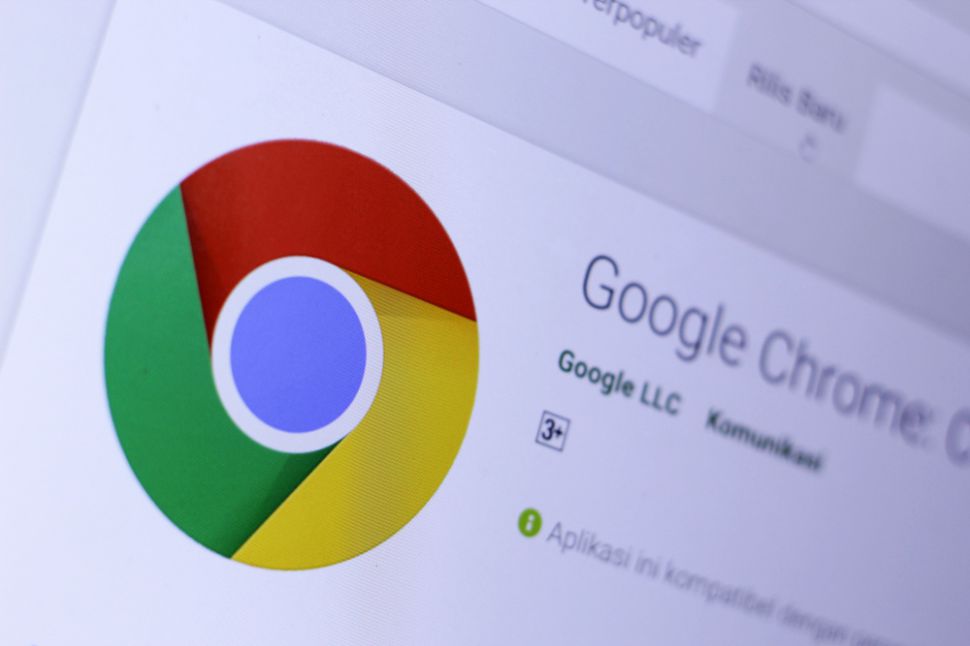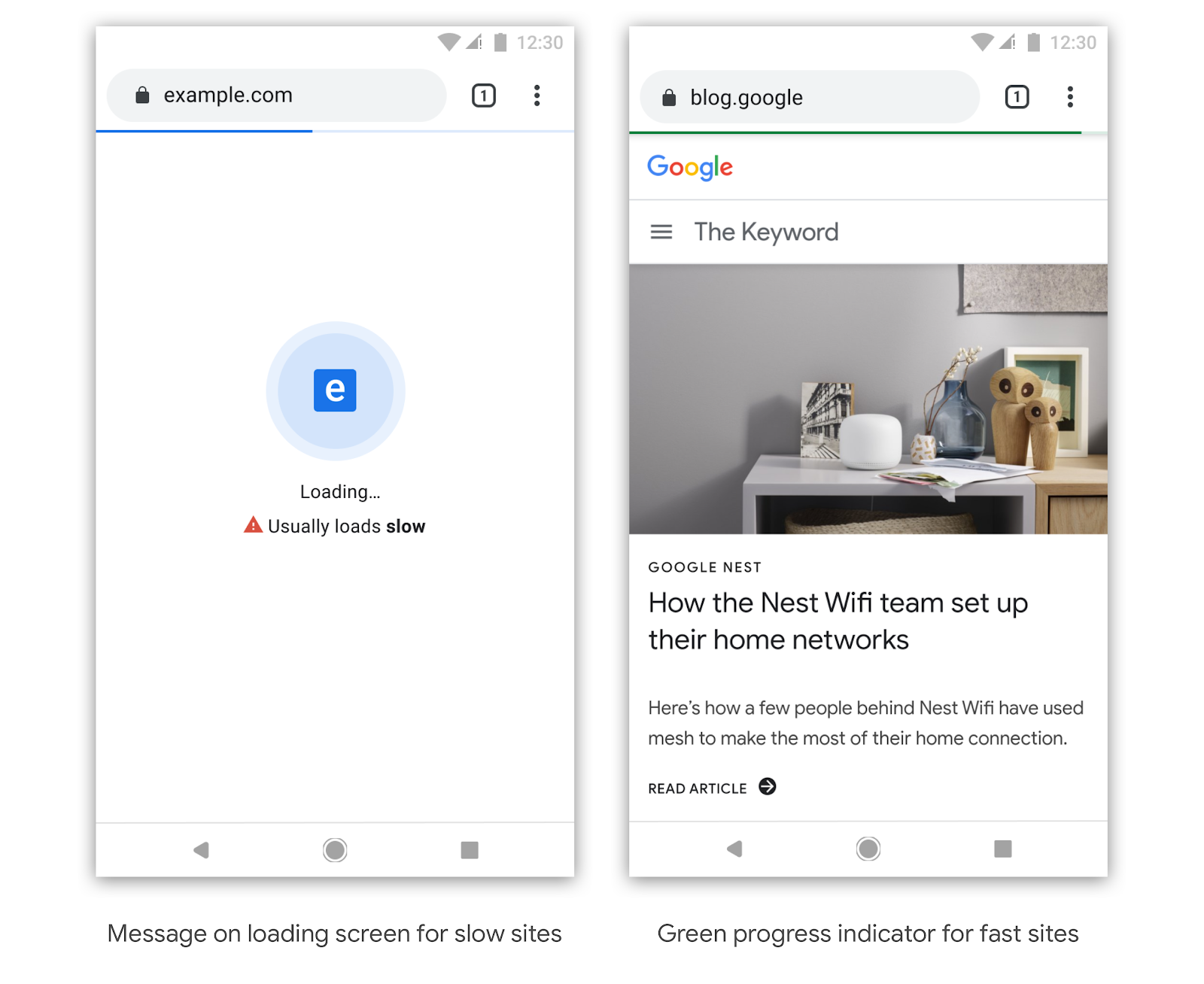Google to flag slow-loading websites: What this means for you
Supercharging the internet

Sign up to receive The Snapshot, a free special dispatch from Laptop Mag, in your inbox.
You are now subscribed
Your newsletter sign-up was successful
Google wants to improve your online experience by punishing sluggish websites. A badge of shame could soon appear in Chrome on websites that are deemed to consistently load slowly.
"In the future, Chrome may identify sites that typically load fast or slow for users with clear badging," Google's Chrome team wrote in a blog post. "This may take a number of forms and we plan to experiment with different options, to determine which provides the most value to our users."
This suggests Google may not only punish slow-loading sites but could reward those with a good track record, "Our long-term goal is to define badging for high-quality experiences, which may include signals beyond just speed."
Google says it will determine whether a site loads fast or slow by looking at historical load latencies (how long the delay is before a site loads), and how pages act on different devices and networks.

If a site loads slowly, Google will flag it using some form of indicator. For now, experimental warnings are being placed on loading screens, loading progress bars and context-menus for links (so you'll know before you press on the site). As you can see in the above image, Google could add a green load bar for fast sites or place a "Usually loads slow" warning on load screens.
Google hasn't yet nailed down what it defines as a good web-browsing experience but it urges developers to optimize their sites so they're not "badged" when the criteria are finalized.
"We are being very mindful with our approach to setting the bar for what is considered a good user experience and hope to land on something that is practically achievable by all developers," the Chrome team wrote.
Sign up to receive The Snapshot, a free special dispatch from Laptop Mag, in your inbox.
From adding a built-in ad-blocker to Chrome to weed out intrusive ads to giving users tools to flag suspicious sites, Google is taking strides to reduce the pain points people experience when browsing the web. Now, by adding speed indicators, Google will save you precious seconds by notifying you when you're trying to load a website that isn't well-optimized.
This seems like a genuinely useful tool for users that, when released, will push developers to provide a more seamless browsing experience --- or face the consequences.
Phillip Tracy is the assistant managing editor at Laptop Mag where he reviews laptops, phones and other gadgets while covering the latest industry news. After graduating with a journalism degree from the University of Texas at Austin, Phillip became a tech reporter at the Daily Dot. There, he wrote reviews for a range of gadgets and covered everything from social media trends to cybersecurity. Prior to that, he wrote for RCR Wireless News covering 5G and IoT. When he's not tinkering with devices, you can find Phillip playing video games, reading, traveling or watching soccer.

